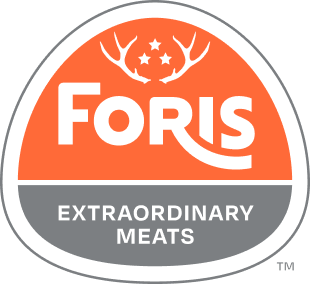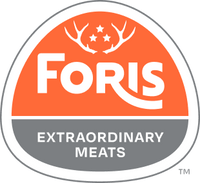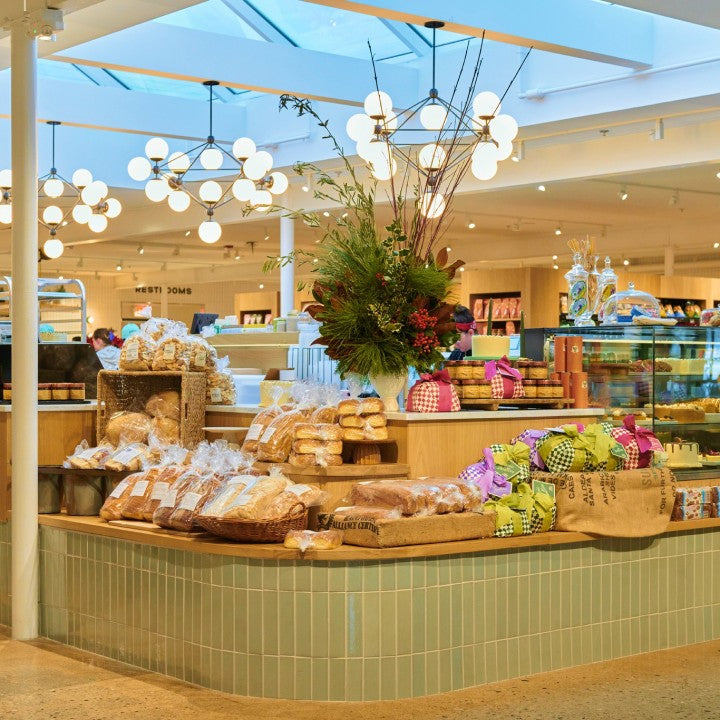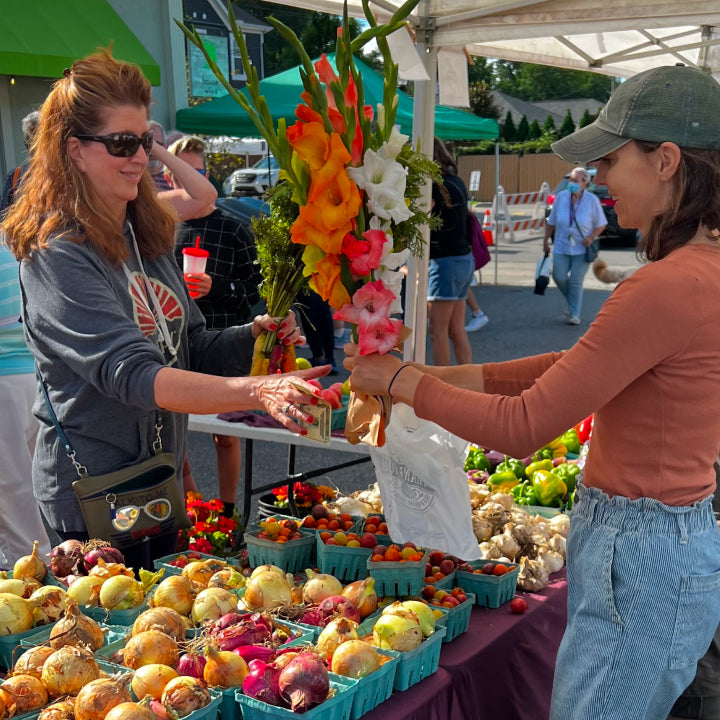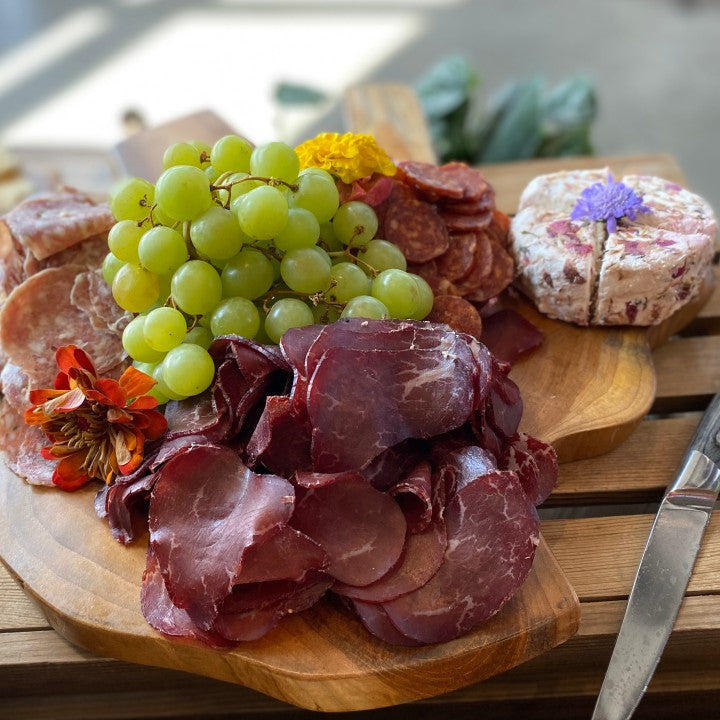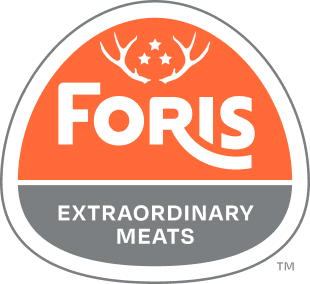Local Food Producers Adapt To Survive During The Pandemic
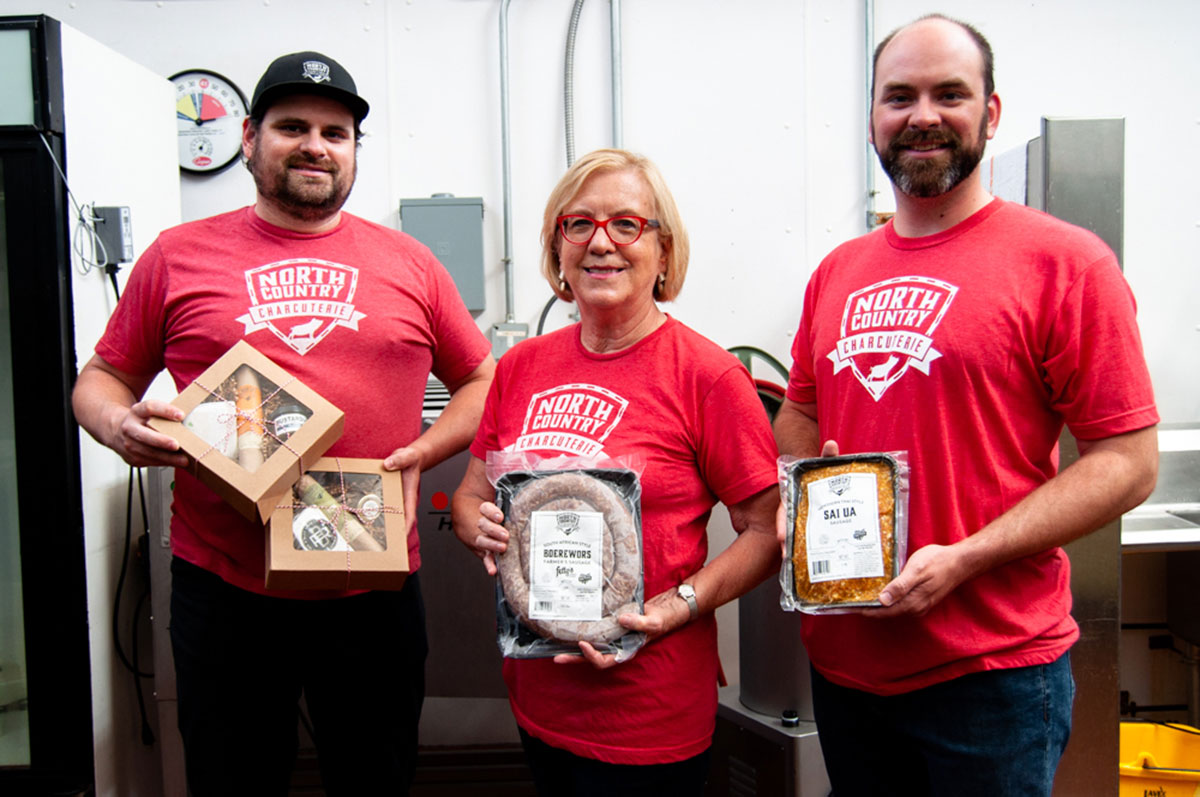
NORTH COUNTRY CHARCUTERIE: THE SALAMI SQUAD ADAPTS
Duncan, James and Jane Forbes are no strangers to reinvention. When they launched North Country Charcuterie in 2014, they started making their salami in an apartment. They left their jobs, and the newly minted “Salami Squad” started the first craft salami business in Ohio.
After perfecting their salami recipe and spending time at ECDI’s Food Fort, they expanded outside of pop-ups at the North Market and local farmers markets, and started selling wholesale to restaurants. Before COVID-19, North Country Charcuterie had distribution in 18 states, producing up to 1,500 pounds of meat a week.
But in March, everything changed. Customers were looking for fresh, not cured, meat products, so The Salami Squad decided to do something they were already good at: pivot.
They decided to start producing fresh sausage for their customers. They had toyed with the idea in the past, but it was never a priority for the business. James Forbes already had a recipe ready, so it was only a matter of weeks before they had fresh sausage available for their customers.
The response, they say, was unbelievable. They started selling sausage and cured products through a small-producer food distributor and through mobile farmers markets. They also partnered with neighboring Watershed Distillery, selling their products to lines of cars waiting to buy Watershed hand sanitizer. With these efforts, North Country Charcuterie ended up quadrupling their usual farmers markets numbers for this time of year. But with a majority of their core business coming from restaurants, this wasn’t enough.
One of North Country Charcuterie’s 2020 goals was to increase their e-commerce presence. They were able to accomplish this much sooner than expected. Without restaurant revenue, pivoting to selling direct to consumers online was another way to stay afloat.
Inspired by the boom of virtual happy hours, they started offering four happy-hour charcuterie kits. Each kit contains one of their salamis, a local cheese and a local honey or preserve option. These options allow a larger direct-to-consumer e-commerce presence.
To stay in business in this changing world, “The work is hard. We need to be creative, aggressive, and positive to make it work,” says Jane Forbes. Moving forward, North Country Charcuterie will continue selling fresh sausage, and continue expanding their e-commerce business.
With the help of a federal Paycheck Protection Program loan, they were able to bring employees back to the facility and begin scaling their fresh sausage operations. They were planning to resume production on dry aged products at the end of May.
You can find more information and order online at northcountrycharcuterie.com.
—Christina Musgrave
https://ediblecolumbus.ediblecommunities.com/eat/local-food-producers-adapt-survive-during-pandemic
